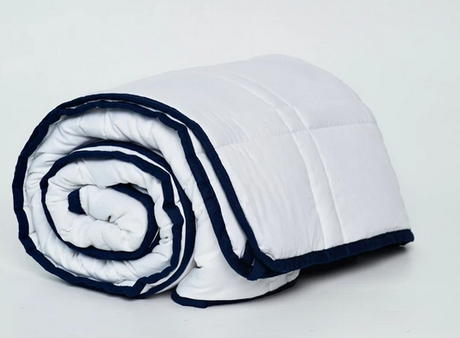There are many devices that claim to alleviate snoring. Most of them have limited evidence or no clinical proof. Sleep apnea is a more serious ailment and is a chronic condition. CPAP is the widely used device to remedy sleep apnea, at least to contain it if not to cure it. CPAP has been criticized by many for not being effective enough. People don’t experience similar relief with CPAP. There are numerous experiments being conducted around the world to find better and surer cure for snoring and also to treat sleep apnea. One such remedy is yohimbine.
Around twenty million people suffer from sleep apnea in the United States. The most common reason or cause is the relaxing tongue muscle. The tongue muscle tends to fall back inside blocking the airway and hence creating an obstruction which prevents a person from breathing normally. This is why most people snore. Yohimbine can apparently prevent the tongue muscle from falling back or to be precise it can push back the muscle to be in its normal position.
A team of researchers at MIT led by Chi-Sang Poon has found yohimbine which is a dietary supplement obtained from the bark of a tree to have the desired effect on the tongue muscle. Yohimbine is a chemical found naturally in the bark of the yohimbe tree which grows abundantly in Africa. The chemical has been used as an aphrodisiac by the natives. Many bodybuilding supplements and weight loss products use the chemical because it can help burn fat. The chemical has another unique property which is the subject matter of the research.
The MIT has found that the chemical yohimbine can trigger the A5 and A7 neurons. These two groups of neurons are responsible for stimulating or not stimulating the hypoglossal nerve which is responsible for the movements of the tongue while we sleep. When awake these groups of neurons are well activated and they keep our tongue in position for us to use in the ways that we do throughout the day. In the absence of these neurons during sleep, the tongue is no longer firm and stiff or rigid in its position and it tends to crash backward on the airway, much like the human body. The neurons too tend to go to sleep.
Yohimbine is still in trials with rats in a lab. They are far from finding a place in medicines or devices being used for sleep apnea. Here’s hoping it works and is safe for millions of people who suffer from snoring and sleep apnea.







